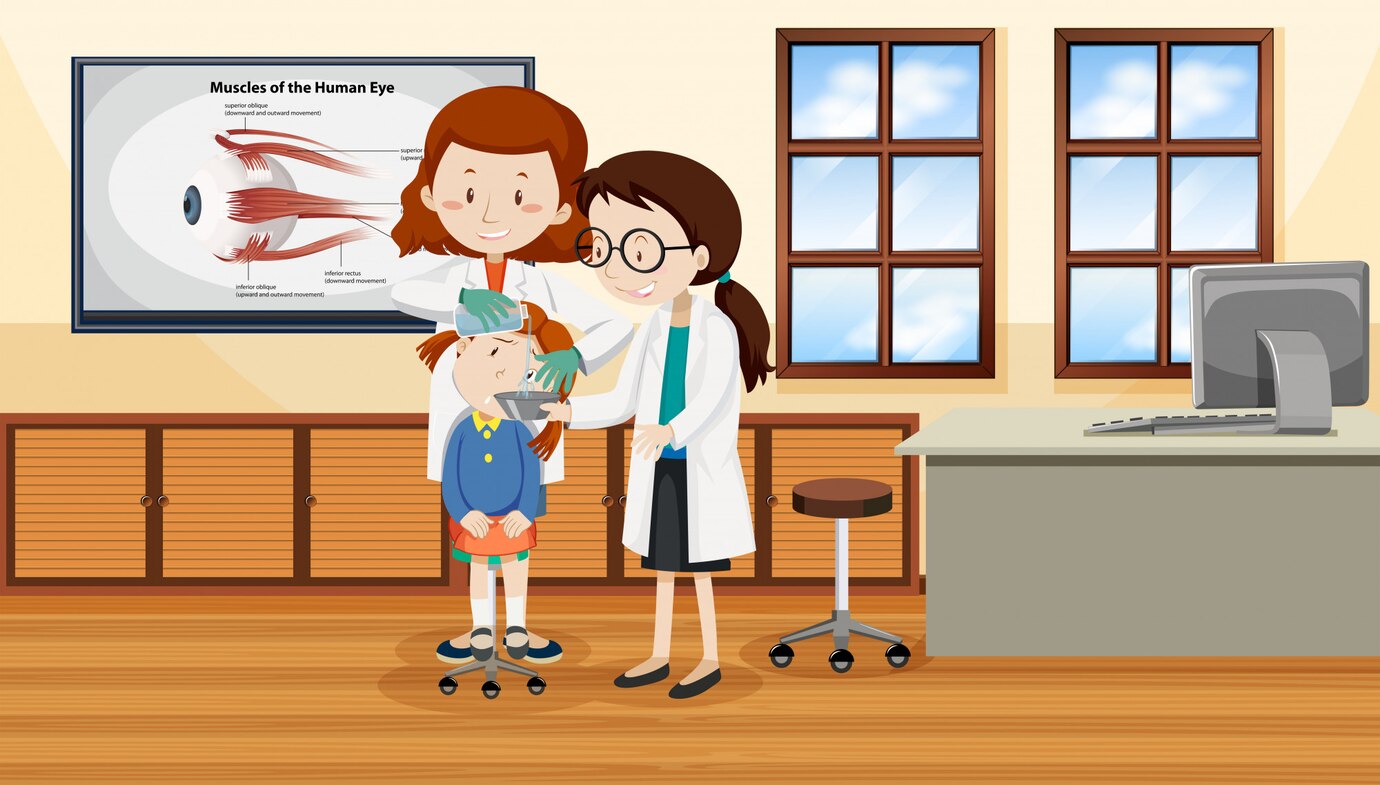
Understanding Pediatric Glomerulonephritis: A Simple Guide
Introduction: When it comes to our children’s health, even complex medical terms can be daunting. Glomerulonephritis, for instance, sounds like a mouthful. But don’t let the name intimidate you. Let’s break it down into simpler terms and understand what it means for your child’s health.
What is Pediatric Glomerulonephritis? Pediatric Glomerulonephritis is a big term, but let’s take it step by step. “Pediatric” simply means it’s related to children, and “glomerulonephritis” refers to a group of kidney diseases that affect the glomeruli – tiny filters in the kidneys that remove waste and excess fluid from the blood.
Pediatric glomerulonephritis is a kidney condition affecting children. Let’s simplify its causes, symptoms, and treatment options for better understanding.
Pediatric Glomerulonephritis:
- Causes:
- Infections like strep throat or skin infections.
- Autoimmune disorders.
- Genetic factors.
- Other underlying health conditions.
- Symptoms:
- Blood in urine (hematuria).
- Foamy urine due to protein leakage (proteinuria).
- Swelling in the face, hands, or feet (edema).
- High blood pressure.
- Fatigue and weakness.
- Decreased urine output.
- Diagnosis:
- Urinalysis.
- Blood tests.
- Kidney biopsy.
- Imaging studies.
- Treatment:
- Medications to reduce inflammation or suppress the immune system.
- Blood pressure medications.
- Dietary changes to manage protein and sodium intake.
- Monitoring and managing other health conditions.
- Dialysis or kidney transplant in severe cases.
Pediatric glomerulonephritis requires prompt diagnosis and treatment to prevent complications and preserve kidney function. If your child experiences symptoms like blood in the urine or swelling, consult a healthcare provider for evaluation and guidance.
Conclusion: Pediatric Glomerulonephritis may sound intimidating at first, but understanding its basics can help you navigate your child’s health journey more confidently. If you notice any concerning symptoms, don’t hesitate to reach out to your child’s healthcare provider for guidance and support.
To seek medical advice, always consult a Doctor. Here are our recommended experts. Click here
To read more on Glomerulonephritis. Click Here


